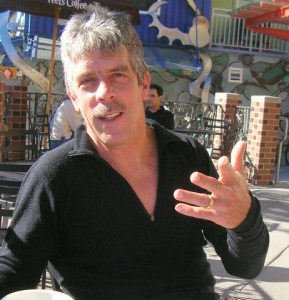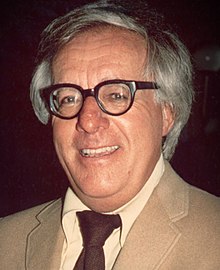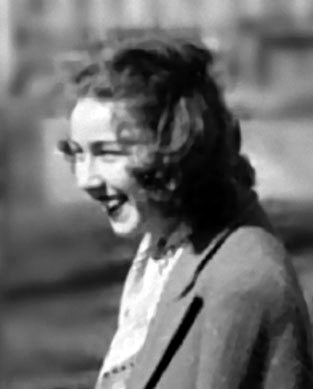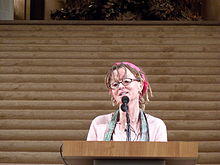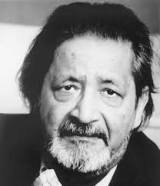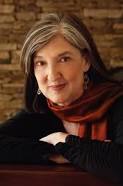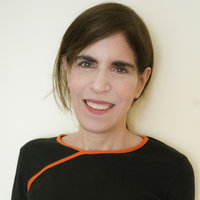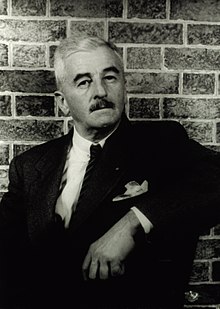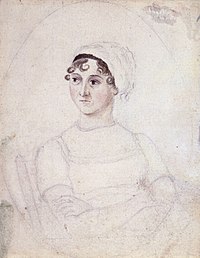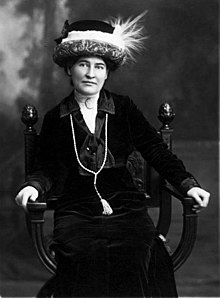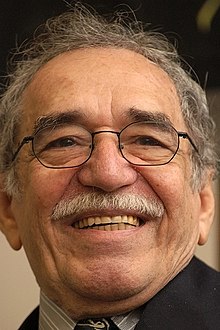UPCOMING FICTION WRITING CLASSES

Fiction writing is a wonderful adventure, allowing writers to create compelling characters, indulge in wild loops of imagination, and satisfy some of their deepest yearnings for pattern, mystery, and coherence in their lives.
But while fiction writing allows for great freedom, it also demands mastery of form and structure to succeed. An ability to manipulate form and structure allows a writer to create stories that entrance readers and bring them along for the ride. The mastery of these techniques does not come easily, alas. It requires careful preparation and commitment to the habit of art to write excellent short stories or a novel. These online fiction writing classes will help you develop your own habit of art, mastering the craft of fiction writing essential to creating compelling stories. The Writer’s Workshop’s online fiction writing classes will give you the skills and techniques to take your fiction writing to the next level.
Scott Driscoll’s Fiction Writing Teaching Philosophy
After asking what I did for a living, the cashier at the grocery store where I shop looked confused and said, “Oh, you teach fiction? What’s that? Is that, like, making stuff up?”
She wasn’t busy, so I told her the following story. One sweltering Sunday morning in Darwin, Australia, I went to the beach to watch the annual Beer Can Regatta. So did nearly everyone else in town. A twenty-two year old traveler adrift, I was working illegally to try and save enough money to get back home. I had a dishwashing gig later that day at a restaurant where I would at least get a cooked meal. Meanwhile, watching the race seemed a good way to kill time without spending much money. This regatta had only three rules: all boats had to sail under their own power; they had to cross the finish line in order to win; and they had to be built, with the exception of sails, entirely of beer cans. By mid-morning, as the heat increased to a breezeless tropical intensity, I, several Fosters on my way to being drunk, hooted derisively along with about three thousand other sunburned drunks as boat after boat launched and sank. When it appeared certain there would be no winner, I had a little discovery moment. If I don’t haul my butt up off this sand, I reasoned, and get busy with something I care about, my life will go the way of these beer can boats.
Wright Morris, a favorite writer of mine, once said, “Where we were, what we saw, and how we suffered are a mystery to us until the imagination has given them form.”
Now back to the cashier’s question. Is fiction writing about making stuff up? Maybe it is for some people. As I see it, it’s more about applying your imagination to the real stuff of life to give it a structure that real life doesn’t have, and to put it in a form that will be recognizable and pleasing to an audience. Notice I said form, not content. It’s my feeling that when it comes to story content, the writer must please himself or herself first, and then hope to convince the reader that it matters.
The day of the beer can regatta, I did haul myself, drunk and sweating, back to my boarding house room. I sat at the table beside the open window, under reach of the ceiling fan, spread open a notebook to a blank page, peered out at the broad-leafed banana tree in the yard, and realized I had no idea how to tell a story. I had assumed inspiration would be enough to get me going and the rest would take care of itself. I imagined a “fever” of words spilling across the page, readers riveted, calling for more as soon as their hot little fingers oh so reluctantly relinquished the last page. Instead, I sat and I sat and I sat. Thankfully, there was the dishwashing job to go to or who knows how long I’d have sat there waiting for the magic to begin.
No, I never did write that story about the race in which all the boats sank. I had a protagonist, alright, with plenty of fear and anxiety, and a goal. What I lacked, but didn’t realize at the time, was a dramatic situation replete with an antagonist to provide opposition and bring conflict to the surface. Apart from the race itself, I had no complications to move the story to a second act, nor any sense of a potential discovery moment that might push a character over the edge into crisis mode, forcing a choice that could lead to a significant change. I didn’t even know enough to know what was missing.
My goal with online fiction writing classes is not to fill you with inspiration. You’ll do that on your own (I’ll offer writing prompts to help guide you in that process). Nor is it to nurture your talent. Again, that’s what you’ll do, by writing and writing and reading and writing some more. No, my goal is to offer you a foundation in the craft of fiction writing, so that you’ll have a form to pour your inspiration into, and tools at your disposal to build the writing as effectively as possible. In these online fiction writing classes, we’ll cover the main points of craft—story ideas and sketches, point of view, plot structure, character development, how to write scenes and distinguish them from summary, when it’s appropriate to use which, even touch on theme—and we’ll look at stories to see examples of how successful authors have handled these various craft issues. There will be writing assignments that will help you move your story (or novel chapter) along toward completion, and I’ll offer constructive comments intended to help you improve what you’re already doing well, or to fix problems as they come up. It’s my belief that the point of taking online fiction writing classes should be to make sure that when you sit down to write, you shouldn’t have to watch your stories sink, as the beer can boats did, for want of sufficient craft.
UPCOMING FICTION WRITING CLASSES
Scott Driscoll, M.F.A., has won numerous Society of Professional Journalists awards, including first place for best education reporting, 2004, and second place for general reporting, 2004. He was cited in the Best American Essays, 1998, won the University of Washington Milliman Award for Fiction, 1989, and first prize in the Literary Lights Fiction Contest, 1987. Recent creative non-fiction essays have appeared in Image Journal and the anthology, Far From Home. His short stories have been published in a number of anthologies and literary magazines, including The Ex-Files, Crosscurrents, Cimarron Review and Gulfstream. He is currently finishing a novel. Driscoll completed his M.F.A. at the University of Washington, and has been teaching literary fiction for UW Extension since 1993. He was awarded the 2006 UW Extension Teaching Excellence Award for Arts and Humanities. Driscoll also teaches creative writing at Western Washington University and for Seattle’s Writers in the Schools (WITS) program.
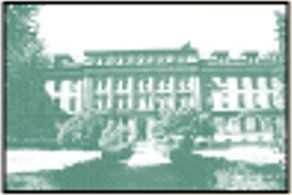 The Writer's Workshop
The Writer's Workshop 
